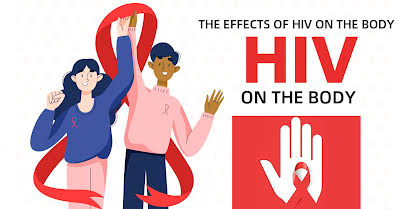Understanding HIV and the Importance of Treatment
It is crucial to understand the importance of early diagnosis and treatment for HIV. By starting treatment early, individuals can effectively manage the virus and prevent it from progressing to AIDS. HIV treatment not only helps to improve the quality of life but also reduces the risk of transmitting the virus to others.
Introduction to Truvada
Truvada is one of a group of drugs used to treat human immunodeficiency virus (HIV) and hepatitis B virus infections. It is also used to prevent HIV infection. Truvada is sometimes prescribed to some people who do not have HIV infection (for example, those who do not always use condoms or have HIV-infected sex partners) to help lower their chances of getting HIV. When you take Truvada to prevent HIV infection, doctors call this use "pre-exposure prophylaxis" or "PrEP."
Truvada's Dual Effects
HIV is a virus that attacks the body's immune cells (cells used to fight infection). The two drugs that make up Truvada (tenofovir and entecavir) block important pathways that the virus uses to establish infection. If you take Truvada every day as PrEP, the presence of the drug in your blood can sometimes stop the virus from establishing itself and slow the spread of HIV in your body. PrEP with Truvada alone is not always effective, so it is best to use condoms during sex to get the most protection against HIV infection.
How to use Truvada
You must take one tablet of Truvada by mouth every day. Follow the instructions on your prescription label carefully, and ask your doctor or pharmacist to explain any parts you don't understand. Do not stop taking Truvada without your doctor's approval. When your Truvada dose starts to decrease, contact your doctor or pharmacist to get more medicine. If you miss a dose or stop taking Truvada, your risk of getting HIV may be higher than if you take it every day.
Truvada Special considerations
Before taking Truvada (tenofovir and entecavir), you must do the following:
Tell your doctor and pharmacist if you are allergic to tenofovir, entecavir, or any other medicines.
Tell your doctor and pharmacist about all prescription and over-the-counter medicines (vitamins, nutritional supplements, and herbal products) you are taking. Your doctor may need to change the dose of your medicine or monitor you carefully for side effects.
Tell your doctor if you have a history of kidney or liver disease.
Tell your doctor if you are pregnant or breast-feeding.

